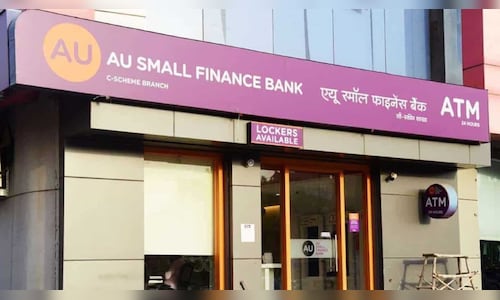Urgent Warning: Car Finance Compensation Scam Targeting Drivers in India – Don't Fall For the ₹16 Lakhs Trick!

New Delhi – Indian drivers are being warned about a rapidly spreading car finance compensation scam that’s preying on those who previously financed a vehicle. Scammers are using sophisticated tactics, including personalized text messages, to lure victims into sharing personal information and potentially losing money.
The scam, which promises substantial compensation payouts of up to ₹16 lakhs (approximately £16,000), has already impacted numerous drivers across the country. Victims report receiving text messages referencing their car's registration number and make. A typical message reads:
“FUNDS ALLOCATED: [Car Make] - [Registration Number]. Please complete the last stage [bit.ly link] to see what you are owed. You could get up to ₹16 lakhs.”
How the Scam Works:
The seemingly legitimate text message includes a shortened link (bit.ly) directing victims to a fake website. This website is designed to mimic official financial institutions or compensation claim portals. Once on the site, users are prompted to enter personal details, including:
- Full Name
- Address
- Bank Account Details (Account Number, IFSC Code)
- Driving License Information
Why You Should Be Cautious:
This information is then used by the scammers for identity theft, financial fraud, and potentially to access bank accounts. The promise of a significant compensation payout is simply a hook to entice victims into divulging sensitive data. Many drivers are unaware of potential car finance compensation claims, making them particularly vulnerable to this type of scam.
What the Authorities Are Saying:
Consumer protection agencies and law enforcement are urging drivers to be extremely cautious and to report any suspicious text messages or emails.
Key Red Flags to Watch Out For:
- Unexpected Texts: Be wary of unsolicited text messages, especially those promising large sums of money.
- Shortened Links: Avoid clicking on shortened links (like bit.ly) as they can lead to malicious websites. Hover over the link (without clicking) to see the full URL – if it looks unfamiliar or suspicious, do not proceed.
- Requests for Personal Information: Legitimate financial institutions will never ask for sensitive information like bank account details via text message.
- Urgency: Scammers often create a sense of urgency to pressure victims into acting quickly without thinking.
How to Protect Yourself:
- Do Not Click on Suspicious Links: If you receive a text message like this, do not click on the link.
- Verify with Your Finance Provider: If you are unsure, contact your car finance provider directly to confirm if you are eligible for any compensation.
- Report the Scam: Report the scam to the National Cyber Crime Reporting Portal (https://cybercrime.gov.in/) and your local police station.
- Spread Awareness: Share this warning with your friends and family to help prevent them from becoming victims.
Stay vigilant and protect your financial well-being. This scam is a stark reminder of the importance of verifying information and being cautious of unsolicited communications.





